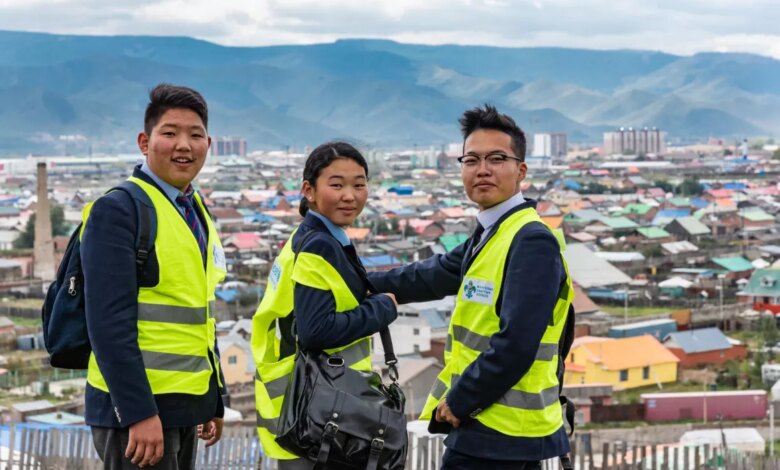Adolescent development and participation | UNICEF

[ad_1]
Investing in adolescents strengthens their ability to advance human rights and build a bright future for themselves, their families and entire countries.
UNICEF takes a life-course approach to adolescent development and participation, identifying critical risks and opportunities that have implications for the realization of children’s rights, from the first decade through the second.
We address gaps in data to build evidence that drives action where it is most needed. With Governments and other partners, UNICEF works to strengthen health care, education and protection systems to ensure critical supplies and services reach the last mile, even in emergencies.
We advocate for adolescents’ rights at the national level, while locally engaging families and communities – often through programmes that change behaviours and social norms.
Our emphasis on equity puts the most marginalized adolescents – including girls, those who belong to ethnic or racial minorities, and those with disabilities – at the centre.
UNICEF works with health providers to support gender-responsive services tailored to adolescents’ needs, including for HIV prevention and treatment. We support nutrition to fuel developing bodies and brains, work to ensure that girls have what they need to manage their menstrual health and hygiene, and generate evidence on adolescent mental health.
UNICEF works with Governments and other partners to expand and protect access to quality, gender-equitable education, and to improve student participation and learning. We work alongside adolescents to co-create solutions that support their transition into adult life and work, like traditional and non-formal paths to education and skills development.
To keep adolescents safe and supported, UNICEF works to prevent and respond to violence within families, among peers, in schools and online. We also tackle the growing risks adolescents face in humanitarian settings, promote adolescent-friendly justice systems, and address harmful practices like child marriage and female genital mutilation.
To expand opportunities for adolescents to participate meaningfully in their communities and the political processes that affect them, UNICEF empowers them to actively engage and voice their views and opinions. We also work with partners, including youth organizations, to change the social norms that stand in the way, and develop platforms for adolescents to share their experiences and propose solutions.
[ad_2]
Read More



